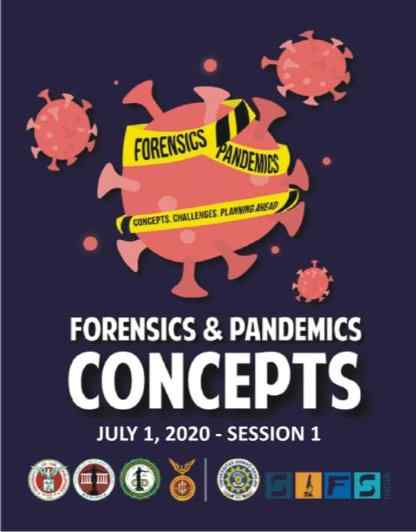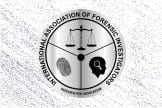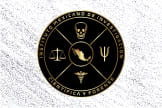Forensics and Pandemics Session -1
Crucial Role in Management & Prevention
Forensic pathologists are physicians who integrate law and medicine to determine the cause, mechanism, manner and time of a person’s death. Their everyday work has important legal, social and economic consequences for family members of the deceased and for the larger community.
During a pandemic, forensic pathologists are heavily involved in managing the crisis, either within their local communities or as part of a humanitarian mission working with vulnerable communities abroad. Their role in these extremely challenging times is to ensure the proper management of dead bodies, minimizing the spread of the virus, and to guide authorities, hospitals and funeral directors about the “do’s and don’ts” of dealing with these bodies.
There is a general assumption in medicine that dealing with the deceased does not require the same urgency as working with an acutely ill patient, and normally that is true. However, in a pandemic like COVID-19, large numbers of the dead can quickly exceed local capacities if not managed in a timely manner.
With highly infectious diseases, it is urgent that the post-mortem procedures – from death, examination, certification, registration and release of the body to safe cremation or burial – flow as properly and smoothly as possible.
01
July 2020 Online Platform

ORGANISING BODY
Our organizing body is a team of creative & proficient figures who actively & enthusiastically put their splendid efforts in organizing clued-up events

Dr. Ranjeet Kr Singh
Managing Director
Venue
Here’s the venue where you have to reach
Online Platform
To attend eConference on Forensic Sciences
Email : iasrconference2023@gmail.com
Phone : +91-9818877002
Online : Zoom
Watch : www.youtube.com/Forensic365







